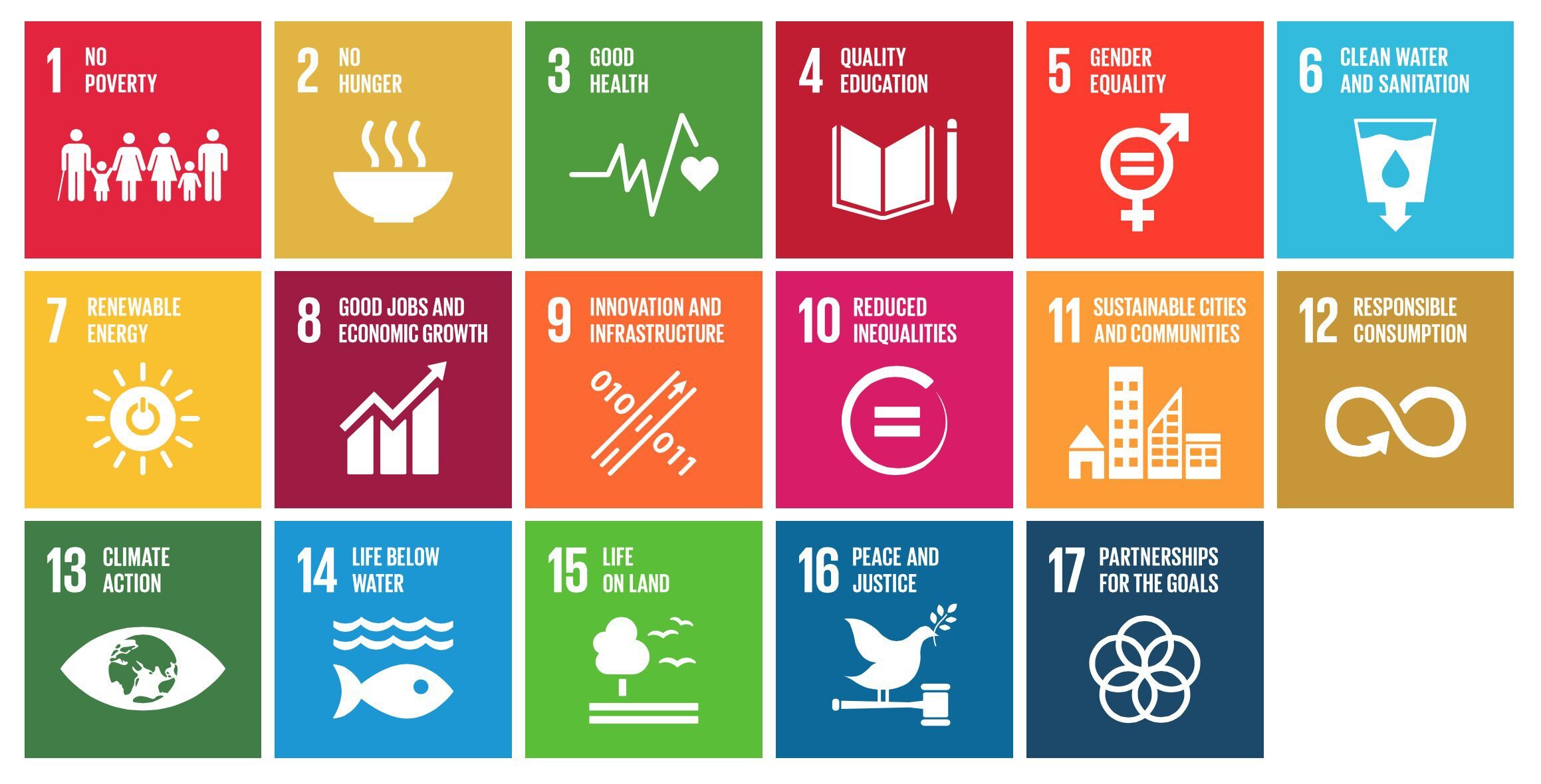Survey 2019-Ambitions Beyond Growth: UNESCAP | 05 Apr 2019
Recently a report, Survey 2019: Ambitions Beyond Growth was published by the United Nations Economic and Social Commission for Asia and the Pacific (UNESCAP).
- The aim of the report is to find out what will it take to realize the ambitious 2030 Agenda of sustainable development goals.
Findings
- The report says that an additional annual investment of $1.5 trillion — equivalent to a dollar per person per day — would allow countries in the Asia-Pacific region to achieve the Sustainable Development Goals (SDGs) by 2030.
- Survey finds that the funds required for achieving the SDGs are within reach for many countries, given their fiscal space and potential to leverage private investment.
- The has urged the countries in the Asia Pacific to look beyond mere economic growth.
- Countries facing high and growing levels of inequality and environmental degradation will have to change course from pursuing a growth path that neglects the people and the planet.
- The report argues that keeping the old paradigm of prioritizing GDP growth at all costs is neither feasible nor desirable.
- Instead, UNESCAP proposes an investment package, equivalent to 5% of the combined GDP of Asia-Pacific developing countries in 2018, that includes:
- $669 billion to support basic human rights and develop human capacities
- $590 billion to achieve clean energy for all and live in harmony with nature
- $196 billion for improved access to transport, information and communications technology (ICT), and water and sanitation.
- Emphasis on quality of education
- Significant savings could be achieved through a greater emphasis on education quality and outcomes.
- It cites UNESCO estimates in 2014 that globally, $129 billion was wasted annually due to the disconnect between schooling years and the acquisition of basic skills alone.
- Asia-Pacific developing countries on average could save more than 30% through efficiency gains without compromising on education performance.
United Nations Economic and Social Commission for Asia and the Pacific (UNESCAP)
- The United Nations Economic and Social Commission for Asia and the Pacific (ESCAP) is the regional development arm of the United Nations for the Asia-Pacific region.
- It has 53 Member States and 9 Associate Members from Asia-Pacific Region including India.
- Established: 1947
- Headquarters: Bangkok, Thailand
- Objective: ESCAP works to overcome some of the region’s greatest challenges by providing results-oriented projects, technical assistance and capacity building to member States.

